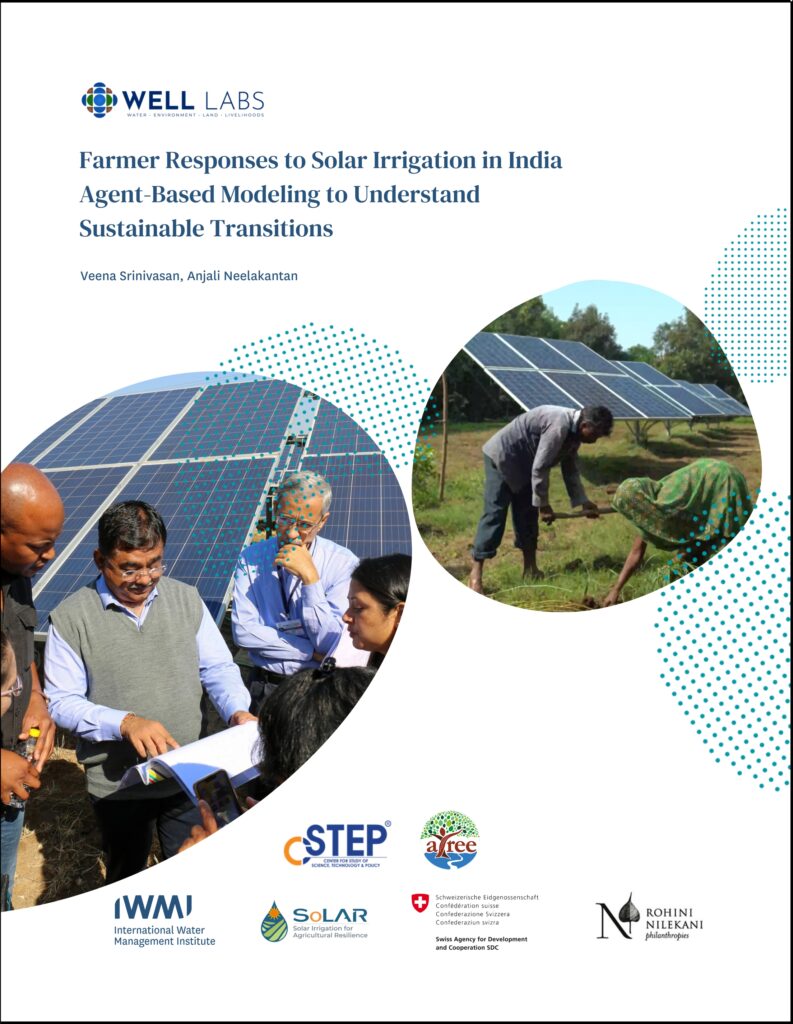Featured Content
- IWMI News
- Vacancies
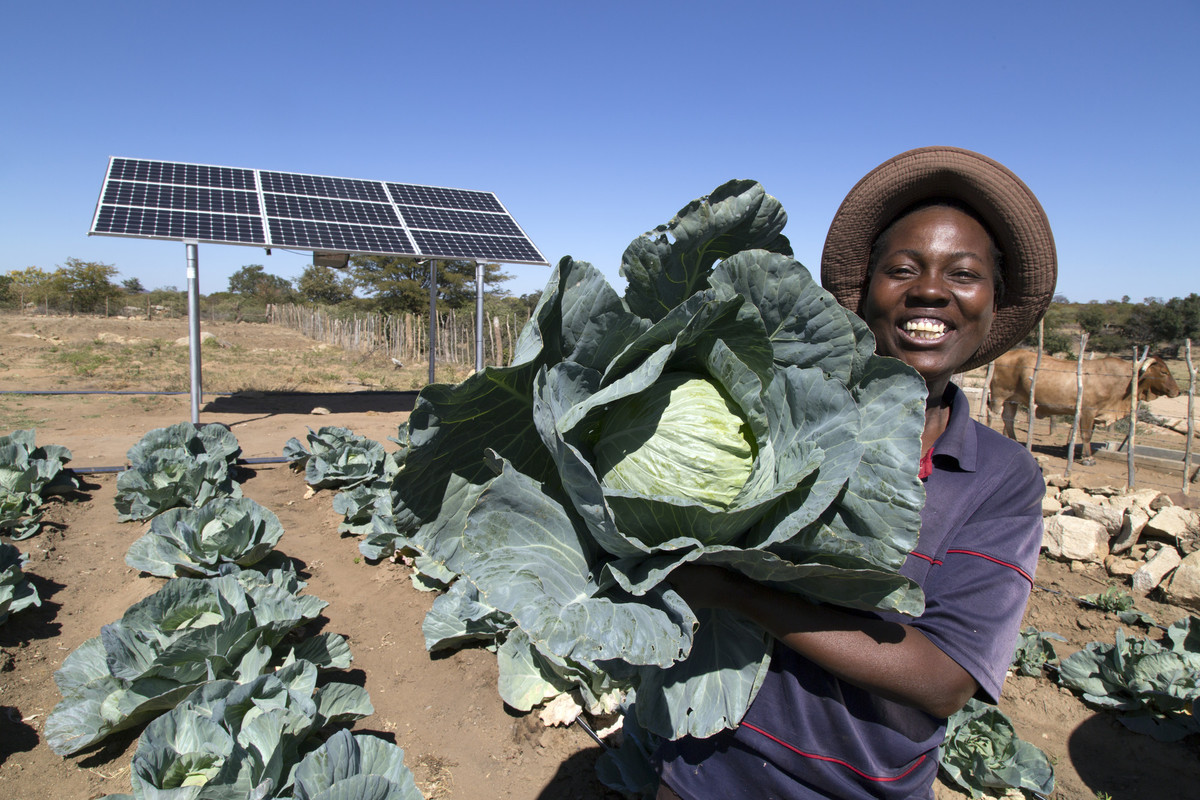
A selection of IWMI's recent contributions to global research. The post December 2023 – February 2024 Research Journal Roundup first appeared on International Water Management Institute (IWMI). [more...]

On top of its climate benefits, the technology is boosting women’s income and confidence while challenging traditional gender norms, writes IWMI's Tanmoy Bhaduri. The post Solar pumps are empowering women farmers in India first appeared on International Water Management Institute (IWMI). [more...]
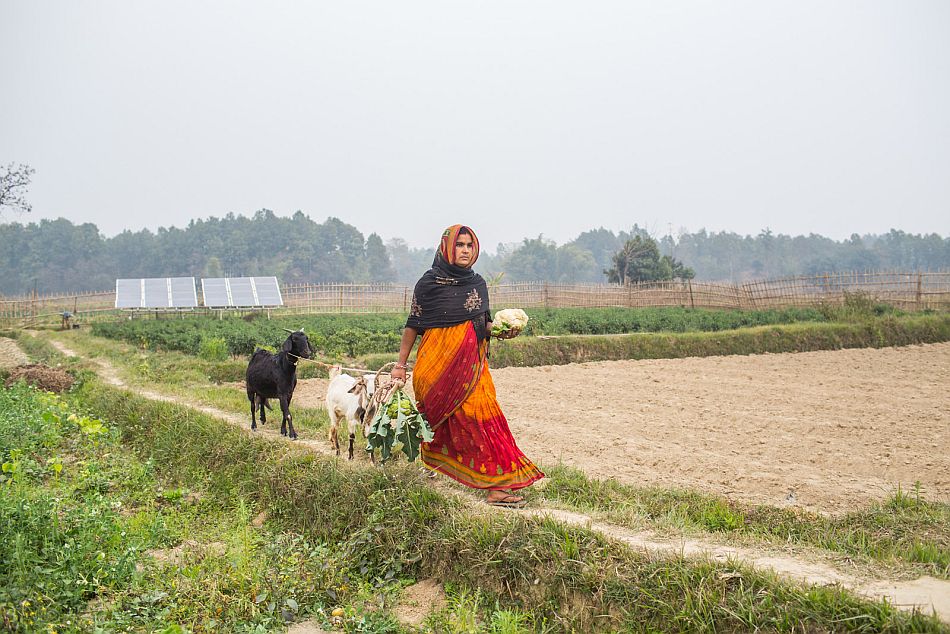
Solar irrigation technology has the potential to empower more than 12 million women farmers across Nepal who constitute the backbone of the country’s farming system. The post Empowering female farmers through improved access to water technologies first appeared on International Water Management Institute (IWMI). [more...]
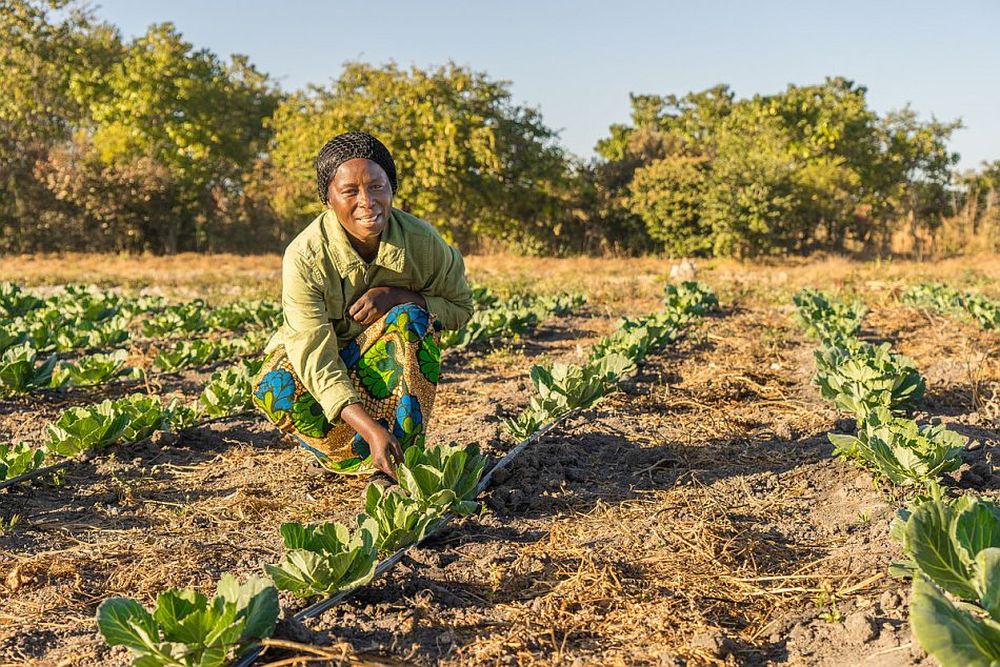
The World Bank and IWMI will rapidly scale climate science to support agri-business in Zambia, tackling the climate challenge head on through the new AICCRA-Zambia Accelerator Grant. The post Agriculture climate science in Zambia gets boost with launch of new World Bank-backed grant first appeared on International Water Management Institute (IWMI). [more...]
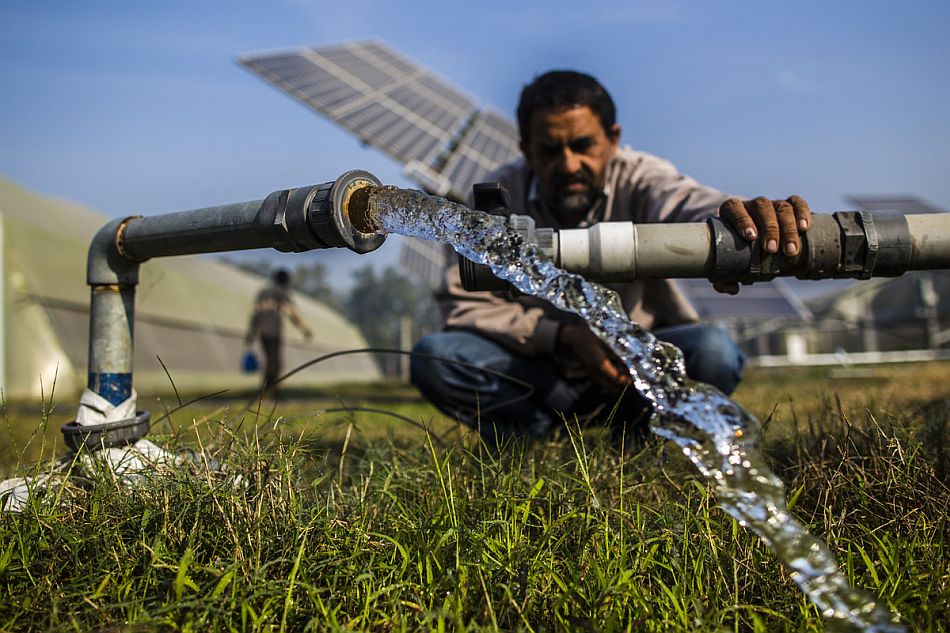
During COP26 and beyond, IWMI will continue to advance a wide range of water-focused climate solutions and develop a diverse set technical, policy, and financial tools. The post Four ways IWMI is using water to advance climate adaptation and mitigation around the world first appeared on International Water Management Institute (IWMI). [more...]
No items

